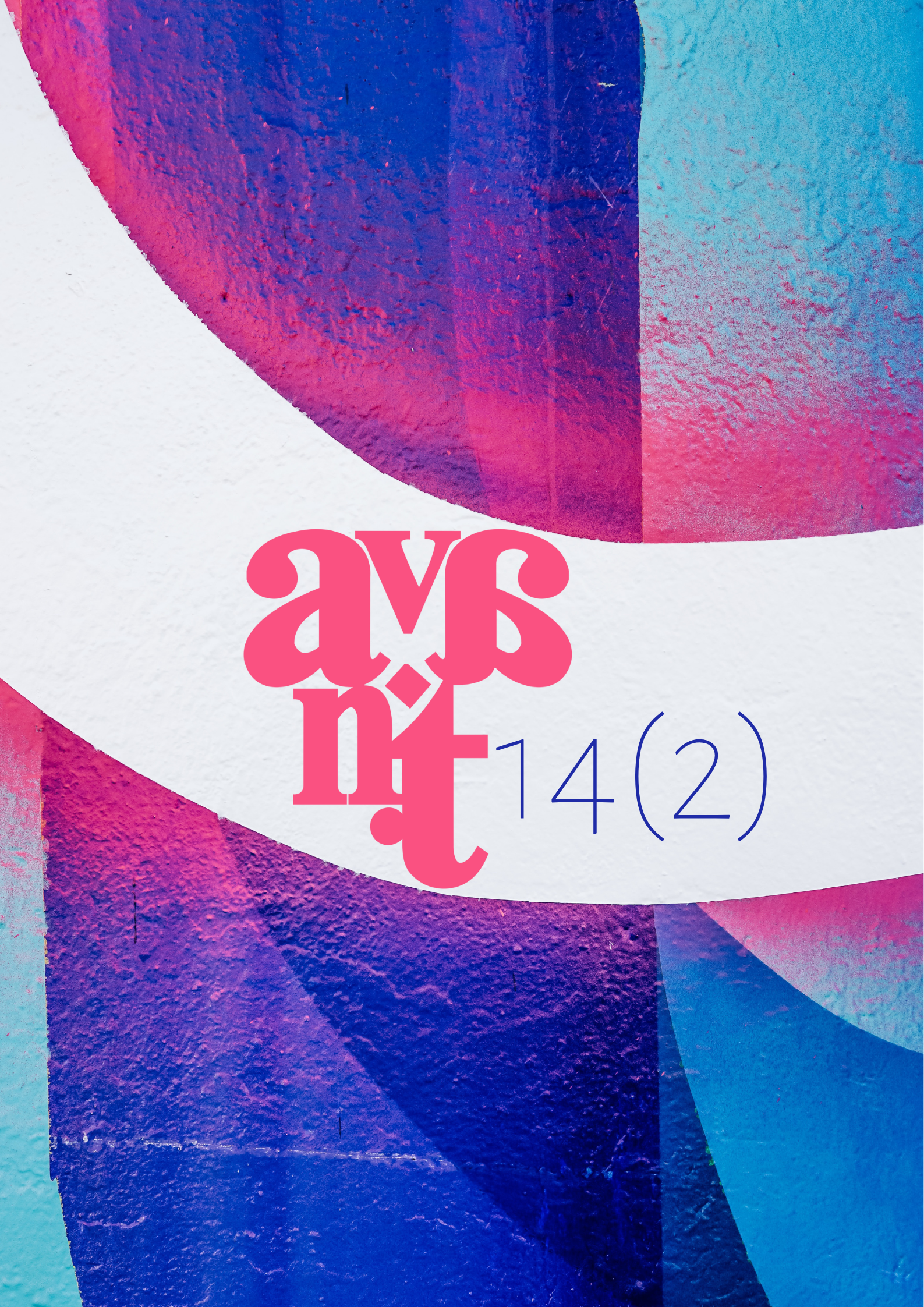Knowledge co-creation and learning processes in complex social sys-tems. The case of cooperation between Polish scientists and entities outside the university
DOI:
https://doi.org/10.26913/ava2202304Keywords:
organisational learning, knowledge co-creation, systems theories, cognitive sociology, science-society collaborationAbstract
The article aims to present the results of empirical research and theoretical analyses concerning the transfer, co-creation, and utilization of scientific knowledge by various entities, emerging at the intersection of science and practice. The research was conducted using survey techniques and in-depth interviews among scientists engaged in research collaboration with entities outside the university, and through case studies of two institutions acting as external partners. Among them were the Lublin City Office and the Lublin Culture Workshops, a municipal cultural institution. The work falls within the realm of social research, which directly (Zerubavel 1997) or indirectly (Sange 1990, Douglas 2011) addresses the functioning and adaptation of various social systems (in this case, institutions and organizations) from the perspective of the communicatively mediated cognitive processes occurring within them (Luhmann 2018, Weick 1995, Lenartowicz et al. 2016a, 2016b). In this context, the subject of cognition and the user of knowledge is not an individual human, but a social system/organization with the capacity to observe itself and its environment, to learn, and to anticipate its future (Hecker 2012; Walsh 1995, Luhmann 2018; Seidl 2006, Lant, Shapira 2001). It posits the existence of a kind of supra-individual rationality, which does not require something like a system's unique self-consciousness, akin to human consciousness, but operates on the principle of L. Fleck's thought collectives, which are emergent in nature with respect to individuals (Sady 2020, Luhmann 1990, Fleck 1986). The rationality of such collectives is defined by their belonging to a functional area of society, hence they differ in the case of entities belonging to the science, economy, politics systems, etc. The research focused on situations where, due to the need for knowledge, various organizations collaborate with scientific units. This research succeeded in characterizing the main stages of establishing and implementing such collaboration, and the main requirements associated with them. The study sought to determine the impact of the interaction of different rationalities on the nature of the co-created knowledge and to identify the conditions of its usefulness, both for external entities and for the scientific system. The adopted indicator of the usefulness of knowledge for the scientific system is the publication of results in scientific journals, while for external entities, its impact on the decision-making process, such as changing operational strategies. In this case, the mechanism of translating knowledge into changes in organizational practices was also examined, paying attention to the existing mechanisms of collective learning within the organization.
Additional Files
Published
How to Cite
Issue
Section
License
Copyright (c) 2023 Andrzej Stawicki, Mateusz Stępniak

This work is licensed under a Creative Commons Attribution-NonCommercial-NoDerivatives 4.0 International License.
 AVANT
AVANT

